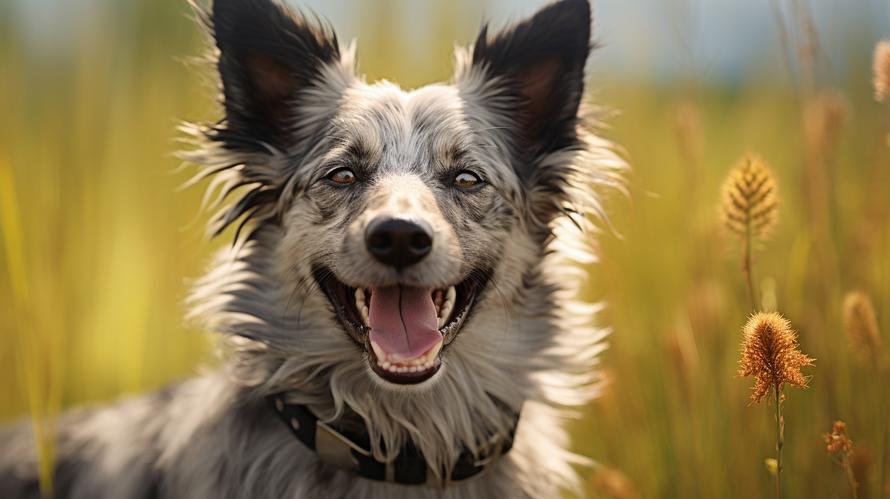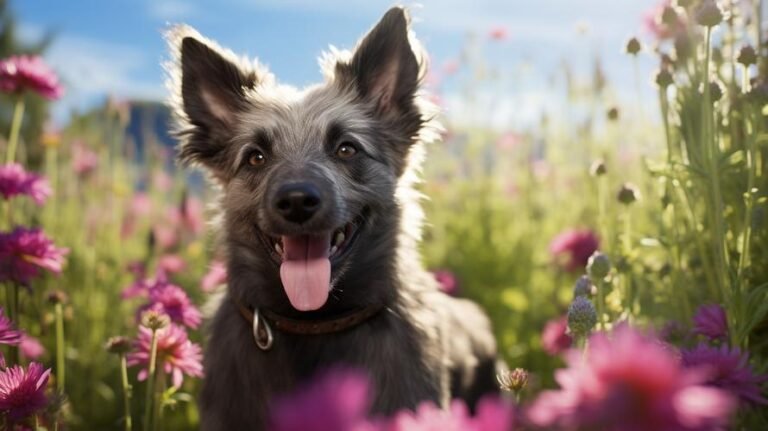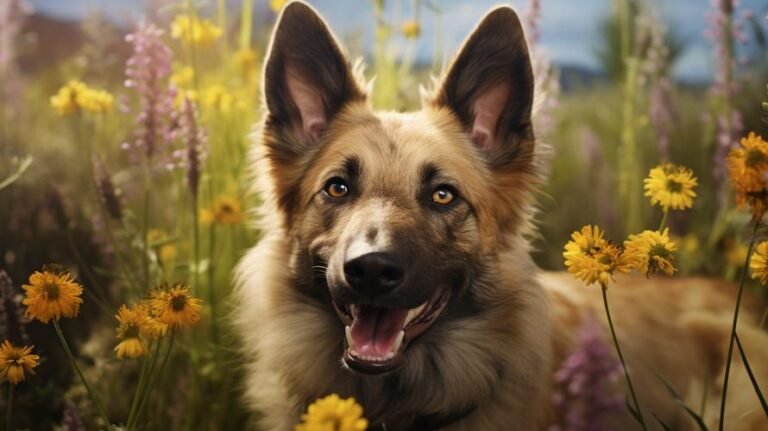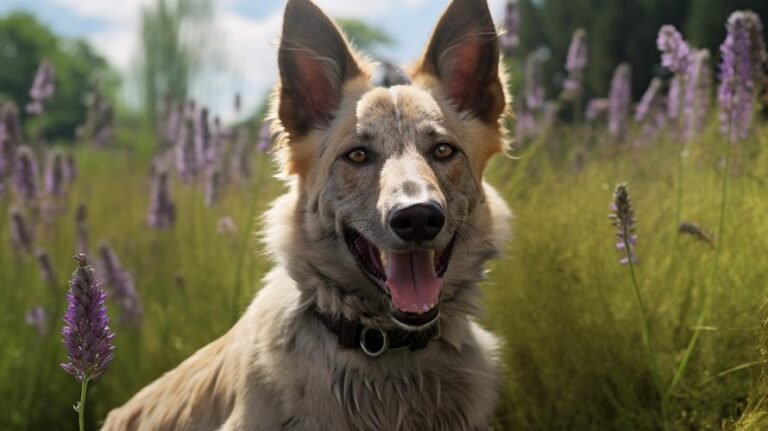Whiskers and woofs, guess what? It’s not just humans that are jumping on the grain-free bandwagon—our furry, four-pawed friends might be too! Nowadays, in the world of canine companions, choosing the right chow becomes as fancy as picking a gourmet dinner. But for a special breed like the Belgian Laekenois, does ditching grains make their tails wag with joy or twitch with discomfort?
The Belgian Laekenois, a unique member of the herding group and one of four Belgian sheepdogs, is known for its intelligence, loyalty, and the most distinctive “bedhead” fur among its cousins. As an athletic breed with a rich history herding flocks and even guarding fields and linens in their homeland of Belgium, they’ve got a résumé that could impress any employer. With such an active lifestyle, they need grub that can keep up with their go-go-go attitude.
But before tossing your Laekenois’s bread out the window, let’s munch on some facts. The story behind grain-free diets for dogs spins a tail that began not so long ago. This trend zoomed into the pet food scene with claims of being closer to a dog’s natural ancestral diet—like what their wolf ancestors might have snacked on in the wild.
Here’s a juicy tidbit: though dogs share a lineage with wolves, they aren’t strict carnivores. Over thousands of years alongside humans, dogs have turned into opportunistic eaters—meaning they can harvest energy from a variety of sources, grains included. That’s right; your Laekenois’s ancestors have had plenty of time to adapt to scarfing down some starchy goodness.
Still, not all grains agree with every dog. Some canines develop allergies or intolerances, showing signs like itchy skin, upset tummies, or ear infections. If the Belgian Laekenois shows any of these problems, a grain-free menu might indeed be the ticket to relief. But if they gobble up their grainy meals with vigor, no scratching or pouting in sight, why switch?
But here’s what truly gets the tail wagging: research. Studies say that while grain-free diets aren’t harmful per se, they’re not inherently superior either. And a little bird (okay, not a bird—more like a team of vet scientists) whispered that a meat-heavy, grain-free diet could be linked to something not-so-good: a heart condition called dilated cardiomyopathy or DCM, particularly when legumes are used heavily in place of grains.
Even scarier? The condition can creep up without early symptoms, and although reversible if caught in time, it’s not something to bark at.
Don’t let this scare you into never letting a grain cross your Laekenois’s lips, though! Like rainbow sprinkles on ice cream, variety is the spice of a dog’s life. Balance is key, and a diet that’s too heavily weighted in either direction could cause nutritional imbalances. High-quality grains like brown rice, barley, or oats can provide energy, essential fatty acids, and fiber that aid in digestion.
Now, you might be wondering how to decode dog food labels as if they are some ancient hieroglyphs. Here’s a pro tip: look for whole grains rather than their overly processed counterparts. These not only pack more nutrients but also are less likely to cause a tummy ruckus.
Let’s also dig into proteins—because who doesn’t love a good meaty topic? When you’ve got a high-octane breed like the Laekenois, a protein-first diet supports muscle maintenance and fuels their oh-so-busy bodies. But whether that protein comes alongside grains or not should depend on the individual dog—it’s like choosing between a chocolate or vanilla base for your sundae masterpiece.
Here’s a savory slice of wisdom: consult your vet. Individual needs can vary as much as human taste in music (yes, even within the same breed!), and it’s vital to tailor your approach to your Laekenois’s specific tune. Plus, remember that sudden changes in diet can lead to digestive riots and no one wants a canine coup on their hands!
When it comes to treats, think outside the cereal box. Grains or no grains, lean meats, certain fruits and veggies, and even some cooked eggs can be delightful, nutritious treats for any Laekenois looking to score some bonus noms. Just ensure they’re safe for doggos (no onions, grapes, or chocolate lounge acts here!).
And while food is the talk of the town, let’s not forget the power of exercise. A healthy diet paired with regular romps in the park helps keep your Laekenois in tip-top sheep-herding (or couch-cuddling) shape.
As we circle around to the big question, remember that it’s less about the grain-free label and more about what’s best for your woolly buddy. Your Belgian Laekenois is as unique as that one sock that mysteriously vanishes in the laundry. Personalization is paramount—is your pup’s coat shiny? Is their energy levels similar to that of a Duracell bunny? These are telling signs of a well-fed furry friend.
Before wrapping up our hearty bowl of knowledge, understand that the best diet is the one that brings out the best in your Laekenois. Pay attention to their body language as it’s their way of giving two paws up or a nose-down to their meals. And with any dietary decision, there’s no one-size-fits-all answer from the canine cookbook.
In tail-wagging summary, grain-free isn’t inherently a golden ticket to health—nor is it a canine curse. What we’ve chewed on today is that the decision should beabout the needs of your unique Belgian Laekenois. Your dog’s overall health and happiness are king, and with careful consideration, regular vet check-ups, and the savoring of nutritious foods, your four-legged companion will be ready for whatever adventure comes next—with or without the grains.



